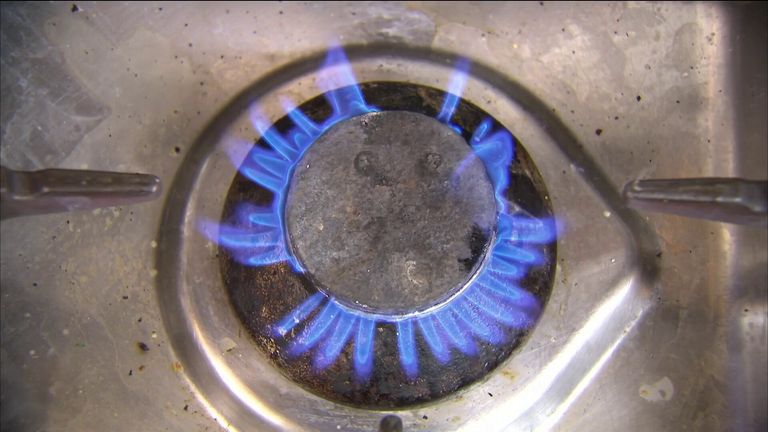Major energy suppliers to pay £10.8m for not meeting smart meter targets


The UK’s largest household energy suppliers are to pay a combined penalty of almost £11m for not meeting the industry regulator’s 2022 targets for smart meter installations.
Ofgem said that British Gas, OVO, Bulb, E.ON, Scottish Power and SSE would hand £10.8m to its Energy Industry Voluntary Redress Fund (EIVRF) – used to help households struggling to pay their bills.
The watchdog said that, between them, the shortfall in installations stood at more than one million and that the companies’ individual decisions to pay a penalty averted the need for an investigation.
“Smart meters are an important part of the transition to a greener, more flexible energy system,” Ofgem said in a statement.
“They also help households by making it easier for them to track their energy usage, as well as access innovative smart tariffs that can save money by encouraging energy use outside of peak times or when there is excess clean electricity available.”
British Gas, the country’s largest energy supplier by customer numbers, faced the largest penalty – just under £3.4m.
OVO’s bill came in at £2.4m, while Bulb would pay £1.8m, E.ON £1.7m, Scottish Power £1.2m and SSE £252,000.
Ofgem said the penalties reflected some legitimate mitigating factors but, up until the end of June, 33 million smart and advanced meters had been installed in homes and small businesses across Great Britain to date.
Read more from Sky News:
Deal agreed to end longest-ever Hollywood strike
Deflation returns in China as economy faces challenges
Chocolate bar brands to be discontinued after 60 years
Advertisement
Please use Chrome browser for a more accessible video player
2:28
Energy price cap falls
Smart meters are widely seen as an important tool in helping energy customers manage their use of gas and electricity, especially in times of heightened bills.
They hit unprecedented levels last winter as wholesale costs ramped up in the wake of Russia’s invasion of Ukraine.
The energy price cap has fallen back sharply but is currently still about £1,000 above the pre-pandemic average for annual bills.
Ofgem is due to reveal later this month the price cap figure covering the first three months of the year and forecasts have suggested it will remain just below £2,000 but tick up slightly.